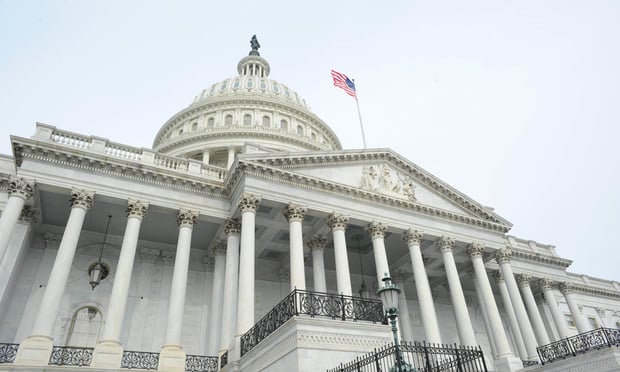CFPB Acting Director Mick Mulvaney has signaled the agency is likely to spend more time on issues related to debt collection and less time on prepaid cards and payday lending.
“In 2016, almost a third of the complaints into this office related to debt collection,” he said, in a memo to bureau employees. “Only 0.9% related to prepaid cards and 2% to payday lending. Data like that should, and will, guide our actions.”
The CFPB has issued controversial rules on payday lending—regulations that Mulvaney has indicated the agency will revisit.
To the degree that the payday rule exempted financial institutions making loans modeled after the NCUA’s Payday Alternative Loan program, credit unions have supported the CFPB rule.
The agency also has said that it intends to issue a final rule amending its 2016 rule governing prepaid accounts. The agency said that based on comments received, the bureau expects to further extend the effective date of the 2016 rule to allow additional time for its implementation.
Credit union trade groups had sought the delay.
While Mulvaney’s comments indicated an emphasis on debt collection, the agency recently withdrew a plan to conduct a survey on debt collection practices.
In his memo, Mulvaney said that the agency will be relying more on quantitative analysis rather than qualitative analysis.
And responding to criticism about the agency, Mulvaney said the bureau will be agency will not regulate through enforcement actions.
“On regulation, it seems that the people we regulate should have the right to know what the rules are before being charged with breaking them,” he wrote. “This means more formal rulemaking on which financial institutions can rely, and less regulation by enforcement.”
And as expected, the CFPB on Wednesday announced that it will be seeking public comment on the process of issuing civil investigating demand letters during investigations.
The agency said that to assess the efficiency and effectiveness of such demands, it is asking for public comment on “how best to achieve meaningful burden reduction or other improvement to the CID processes while continuing to achieve the Bureau’s statutory and regulatory objectives.”
Comments on the civil investigative demand process will be due 60 days after the request for information is published in the Federal Register. The agency expects that the request for comment will be published Friday.
Mulvaney has begun making changes at the agency since the resignation of Richard Cordray as director. Cordray aggressively enforced the parts of Dodd-Frank under the agency control.
Mulvaney, who as a Republican member of the House, opposed the CFPB, has indicated the agency will be far less aggressive.
And he has said that the bureau also will be seeking public comment on many of the agency’s basic functions.
© 2025 ALM Global, LLC, All Rights Reserved. Request academic re-use from www.copyright.com. All other uses, submit a request to [email protected]. For more information visit Asset & Logo Licensing.







